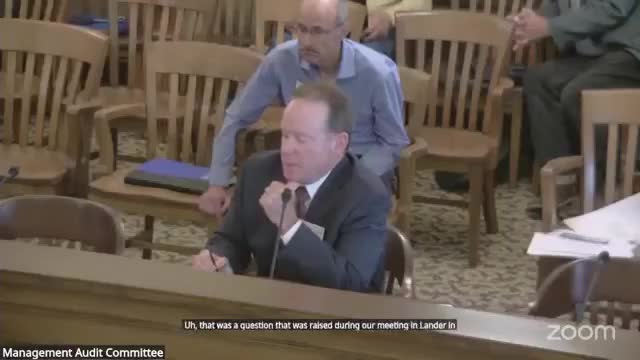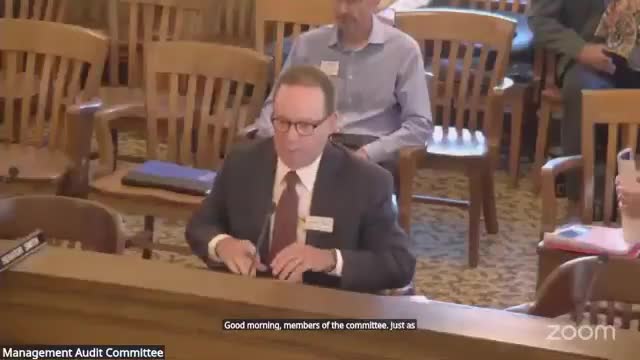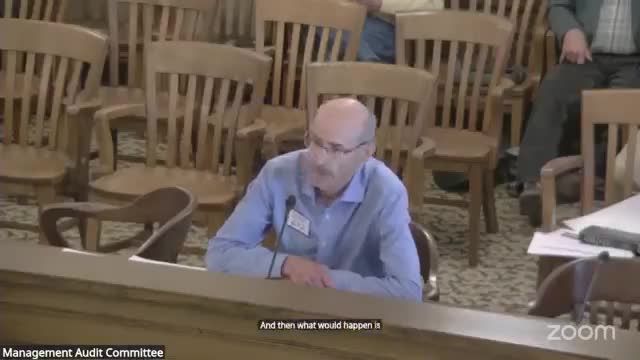Article not found
This article is no longer available. But don't worry—we've gathered other articles that discuss the same topic.

Committee orders subpoenas for local officials after repeated audit findings; directs LSO to request performance audit of LSO

Wyoming committee weighs major changes to Senate File 127 on rule review; proposes narrower thresholds and agency responsibilities

